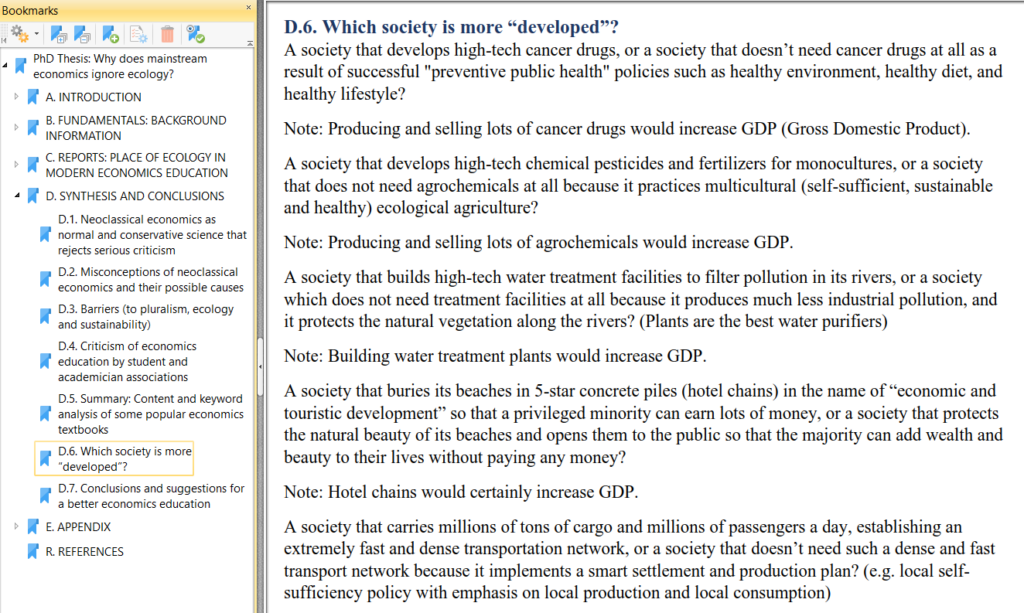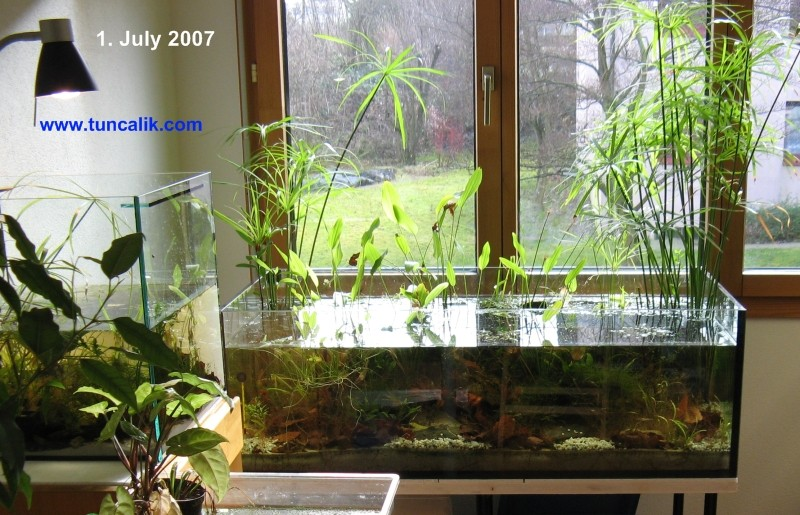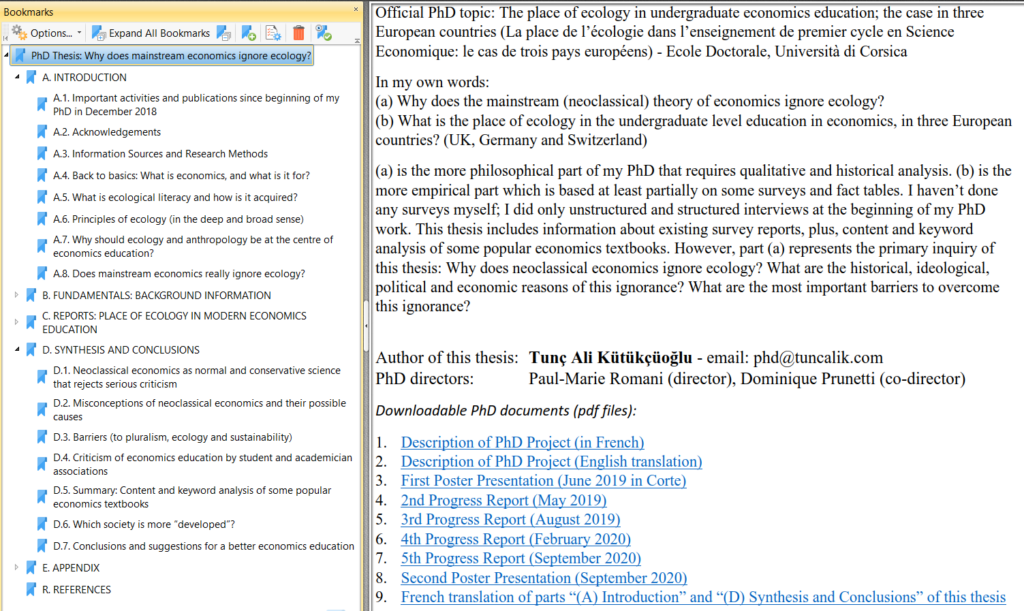
My book “Ecological Ignorance in Mainstream Economics”, which is a product of my PhD study at the University of Corsica (Università di Corsica Pasquale Paoli, 2018-2021), is now available at Amazon as ebook and paperback:
Ecological Ignorance in Mainstream Economics: Why does mainstream economics ignore ecology, especially in the undergraduate education that shapes the minds of young students?
This book is a product of my PhD thesis that was an inquiry into the historical roots & causes of the ecological ignorance in mainstream (neoclassical, neoliberal) economics. Understanding these roots & causes is important to surmount the mental and institutional barriers to holistic and ecological thinking.
This book includes some additional sections like “the tragic story of my excommunication from the Church of Economism” (phrase and article by Prof. Richard Norgaard, one of the 17 contributors of my PhD thesis) that are not included in my PhD thesis. And vice versa; some sections of my PhD thesis are excluded from the book as they are too specific and technical for general interests and not easily readable.
I will update the book regularly for small corrections and improvements in subsequent editions, but the PhD thesis will remain as it is.
This book is for you, if you have questions about political economy and ecology in mind, like:
- What is economics, and what is it for? What are the primary features of mainstream economics?
- Is mainstream economics a social science, or an ideology of business & money posing as social science?
- How did political economy of the 19. century become first neoclassical economics, and then neoliberal economics in the 20. century?
- What is ecological literacy and how can it be obtained?
- What are the primary principles of deep ecology, and how do they collide with the main assumptions & myths of mainstream economics?
- What is wrong with the Gross Domestic Product (GDP) measure, and what is wrong with the economic growth (GDP growth) obsession?
- Why and how do the institution of mainstream economics resist to change for a more holistic and pluralist teaching of economics?
- What are the most important barriers to thinking and acting ecologically, and how can we surmount them?
- Why and how do some mainstream economists (the so-called “useful idiots”) often serve to the narrow interests of big money in climate discussions?
- How do some multinational companies and their investors profit from the destruction of self-sufficient & sustainable (social & biological) ecosystems?
- Why is the nature often seen as a passive (nonliving) raw material resource and dumping ground, rather than the active (living) primary reproducer of our planet?
- What are the most popular misconceptions and myths of mainstream economics, and what are their possible causes?
- Why do we need a totally different economics theory & education for the sustainable human life & wellbeing on the planet? How should such an education look like?
- What is the place of ecology in popular economics textbooks for undergraduate students?
- Why do big global investors prefer unhealthy & unsustainable industrial agriculture to healthy & sustainable ecological agriculture?





















